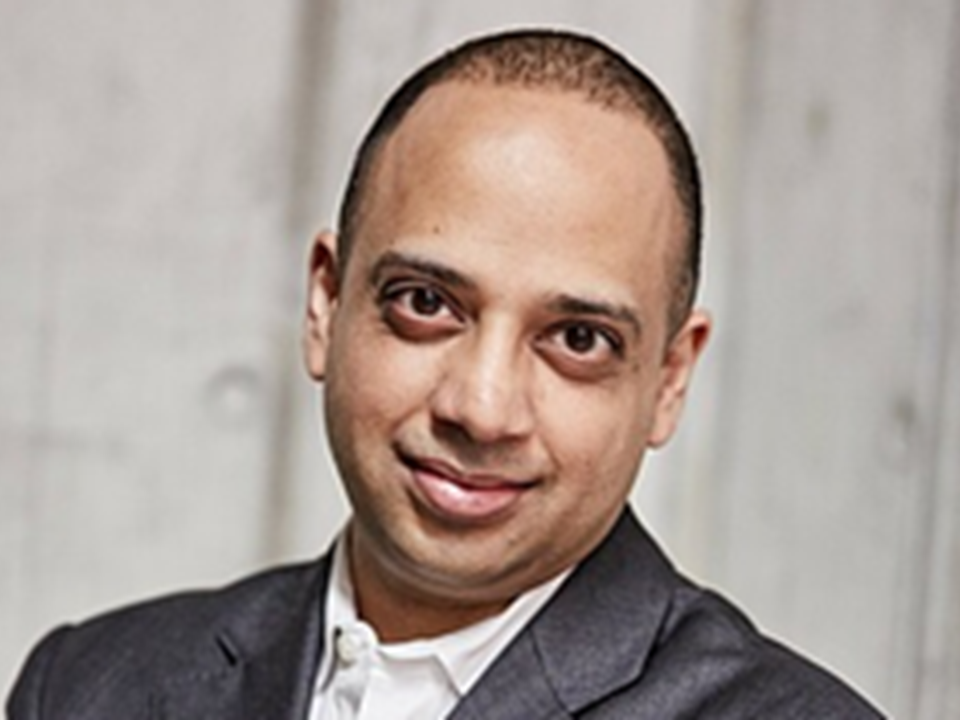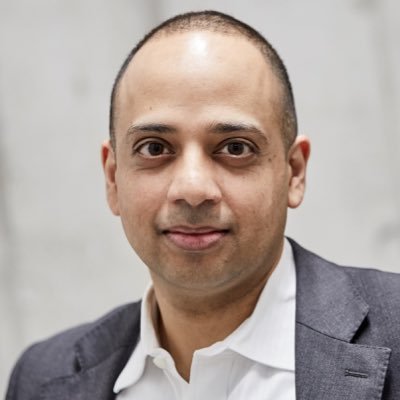
Prof. Dr. Manoj Gupte (*1974) teaches International Management at the University of Applied Sciences Ludwigshafen, Germany, and has extensive experience in both industry and academia. He explains how Pune became a hub for German investment, how the “Make in India” initiative has strengthened the country’s industrial base, and where he sees opportunities in sustainability, renewable energy and India’s growing start-up scene. Despite the still modest trade volume, he recognises enormous potential in German–Indian economic relations and highlights the high regard in which Germany is held among Indian professionals. Looking ahead, he advocates for deeper exchange at every level.
Manoj, how have you observed the development of German–Indian economic relations since the early 2000s? In your view, what have been the key milestones?
I have witnessed first-hand how Pune, in the state of Maharashtra, has become the capital of German direct investment. At that time, Lufthansa even offered a direct flight from Frankfurt. Today, more than 300 German companies and joint ventures with German participation are based in Pune alone, particularly in the field of mechanical engineering. After the IT boom, the Indian government realised that the country also needed to strengthen its manufacturing sector. The “Make in India” initiative has since gained momentum. And yet, despite Germany and India being the third and fourth largest industrial nations in the world respectively, bilateral trade is still in its infancy. German foreign trade with India accounts for barely one per cent. There is significant room for growth.
What cultural particularities and challenges have you encountered in collaborations between German and Indian companies, especially in terms of leadership, communication and work organisation? How can companies best harness and manage these cultural differences?
There is no such thing as one India. The country is made up of many different cultures, languages and religions. I have always sought to embrace this diversity as a source of enrichment and strength. In times of an increasingly competitive labour market, we made a conscious effort to recruit talent from different sectors – people who demonstrated the will to learn new contexts but, above all, the ability to find practical solutions to the many challenges one faces daily in India. Anyone who walks through India with open eyes will quickly see the immense opportunities it holds.
Sustainability is a major topic in both countries – how do you see the role of German–Indian cooperation in sustainable business and innovation management?
In Germany, sustainability is unfortunately being perceived more and more as a brake on growth – a misconception reinforced by misguided political signals. Other countries are already overtaking Germany in future-oriented technologies. In India, sustainability has always been viewed as an opportunity – and successfully so, for instance in the production of components for the solar industry. There are countless possibilities, particularly in renewable energy. Both countries aim to become less dependent on imports from China. At the same time, the US export market is becoming more restrictive for both sides. These are opportunities that must be seized jointly. Encouraging signs are also visible in research cooperation – the number of visiting scientists continues to rise. As in trade, there remains enormous untapped potential.
What opportunities do you see for start-ups and small and medium-sized enterprises through stronger links between Germany and India?
I am deeply impressed by India’s start-up scene. Generation Z in India comprises around 350 million young people – a vibrant, forward-looking generation eager to consume responsibly, develop use cases, and bring them to market maturity. Germany can benefit greatly from this dynamism. Further momentum will come from the free trade agreement between the EU and India, which appears to be nearing completion.
From your perspective, how has the perception of India in German business and society evolved over time?
For German industry, trade within the EU – as well as with the United States and China – has always taken precedence. India has long been of interest economically, but not a primary focus. Gradually, however, the growth is becoming more consistent – still modest, but with increasing momentum. The sleeping giant is awakening, and German industry is beginning to take notice. At the same time, Germany continues to enjoy a strong reputation among Indian students and professionals, especially for “engineering made in Germany”, despite the many hurdles in obtaining visas and work permits.
You have been associated with theinder.net since its early days (keyword: Seminar Königswinter). How do you see the platform’s evolution as a medium for Indo-German dialogue? What role can it play today?
I find it truly valuable when a platform manages to build bridges, connect cultures and bring people together. Especially in today’s world, it is crucial to find common ground rather than emphasise divisions. That is precisely what theinder.net does. My sincere congratulations and warmest wishes to Bijon and the entire team on 25 years of outstanding work!
What are your wishes for the future of Indo-German relations – personally, economically and culturally?
A deeper exchange – across all levels. At the end of the day, we are all “Indo-Germans”!
Link: Manoj Gupte – Professur für Betriebswirtschaftslehre mit Schwerpunkt Internationales Management

